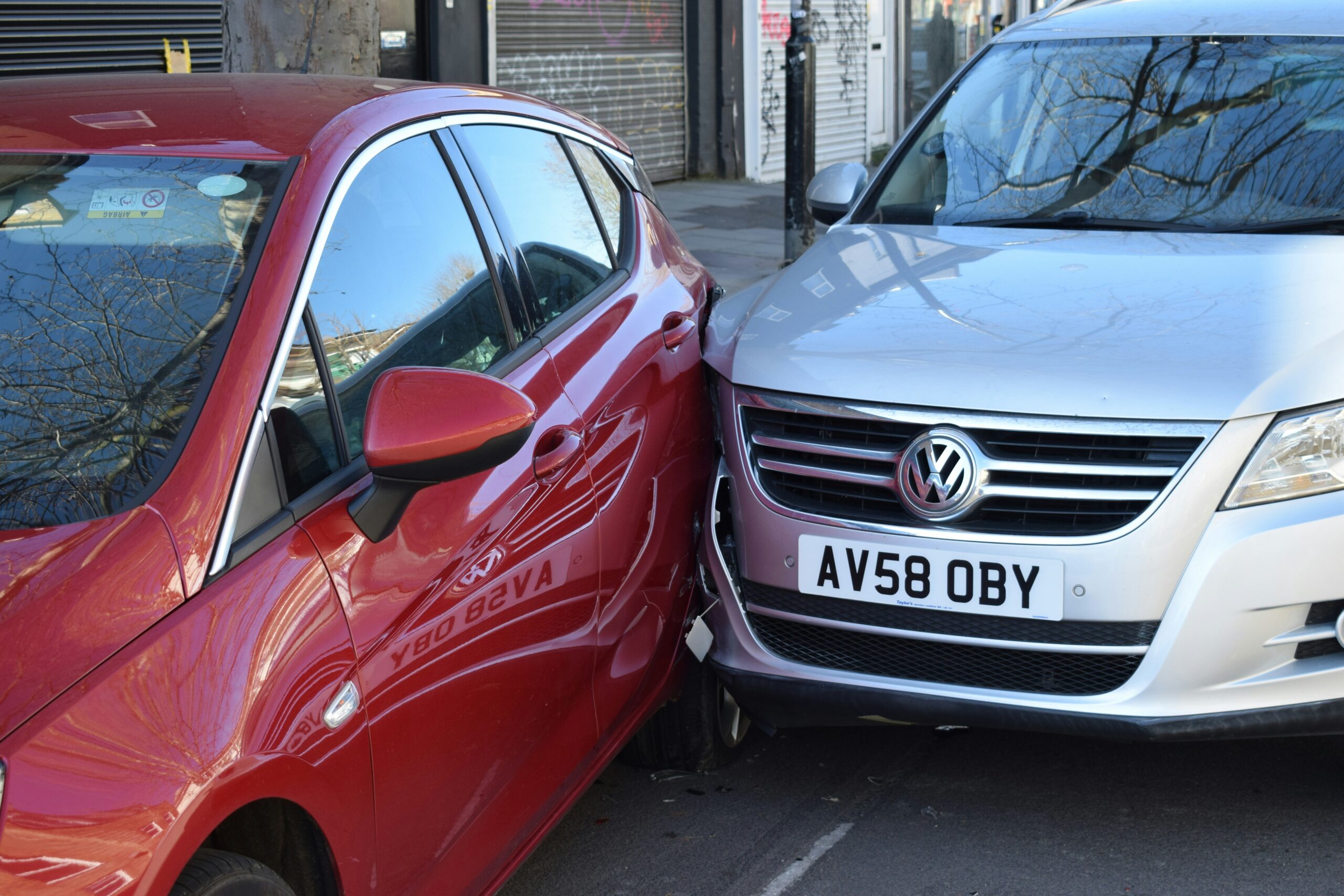A car crash is one of those moments that can turn your day and your life upside down in seconds. Whether it was a minor fender bender or a serious collision, what happens after the accident is just as important as the accident itself. The steps you take in the following hours and days can shape your recovery, both physically and legally.
Here’s a simple, no-fluff guide to help you protect your health and your legal rights after an accident.
Don’t Ignore What Your Body Is Telling You
Right after a crash, adrenaline rushes through your body. It’s your brain’s way of helping you cope with shock. But that same adrenaline can hide pain and injury. That’s why many people feel “fine” immediately after an accident, until hours or even days later.
Pay close attention to symptoms like:
- Headaches or dizziness
- Neck or shoulder pain
- Numbness in arms or legs
- Trouble concentrating
- Stomach discomfort or nausea
These might seem small, but they could signal serious internal issues. Some of the most dangerous injuries, like concussions or internal bleeding, don’t show up right away.
Some of the most serious injuries, like brain trauma or internal bleeding, don’t always show up right away. That’s why it’s important to recognize the early warning signs after a car accident and understand which symptoms should never be ignored.
There are helpful guides available that break down what to watch for, so you don’t miss something important. But if symptoms appear or things get confusing, it’s always smart to speak with a lawyer who understands both injury claims and how these cases unfold. That way, you’re not just informed, you’re protected too.
See a Doctor, Even If You Think You’re Fine
Don’t try to tough it out. Go to a doctor as soon as possible, even if you feel okay. Getting checked by a medical professional is the only way to know for sure if you’re really in the clear.
Medical records also play a huge role if you plan to file an insurance claim or take legal action later. If you wait too long, it could look like your injuries weren’t serious, or weren’t caused by the accident at all.
A quick visit now can save you from long-term problems later.
Start Keeping Records Right Away
You don’t have to be a lawyer to gather helpful evidence. Start by keeping simple, organized records of everything related to the accident. This can include:
- Photos of your injuries and the car damage
- Doctor’s notes, prescriptions, and test results
- Names and contact info of any witnesses
- A daily log of how you feel physically and emotionally
Even small details like missing work or not being able to sleep can make a difference in your case. The more you document, the easier it is to tell your side of the story clearly.
Watch What You Say to Insurance Companies
After the crash, insurance companies will likely call you to “check in.” It might seem harmless, but remember, they’re trained to protect their money, not your recovery.
Don’t:
- Give a recorded statement without talking to a lawyer
- Admit fault, even if you think you were partly to blame
- Downplay your injuries (“It’s nothing, I’m okay”)
Instead, keep it simple and stick to the facts. And if you’re unsure what to say, it’s okay to tell them you’ll get back to them after speaking with a legal expert.
Call an Attorney Who Handles Car Accident Cases
Legal help isn’t just for people filing lawsuits. Even if you just need advice or help dealing with an insurance claim, a good attorney can guide you in the right direction.
They can help you:
- Understand your rights
- Avoid common mistakes that hurt your case
- Get compensation for medical bills, lost wages, and more
- Handle all the paperwork so you can focus on recovery
Many law firms even offer a free consultation, so there’s no pressure to commit right away. If your injuries are serious or your case gets complicated, legal support can make a huge difference.
Be Patient, But Stay Involved
Healing takes time, both physically and financially. Don’t rush into decisions, especially when it comes to settlements. Some insurance offers might look generous at first, but may not cover long-term medical needs.
Instead:
- Review every offer carefully
- Ask questions
- Talk to your doctor about what recovery looks like
- Check with your lawyer before signing anything
Your future health and finances are on the line. Take your time, stay informed, and don’t settle for less than you need.
Final Thoughts
Car accidents can leave behind more than just dents and broken glass. They can cause real physical injuries and long-term stress, especially if you don’t take the right steps afterward.
The good news is, you don’t have to go through it alone. Start by listening to your body, getting the right care, and keeping a record of everything that matters. And when things feel overwhelming, know that there are professionals out there who can help you every step of the way.
Looking after your health isn’t just about physical healing; it’s about protecting your peace of mind and your future as well.
